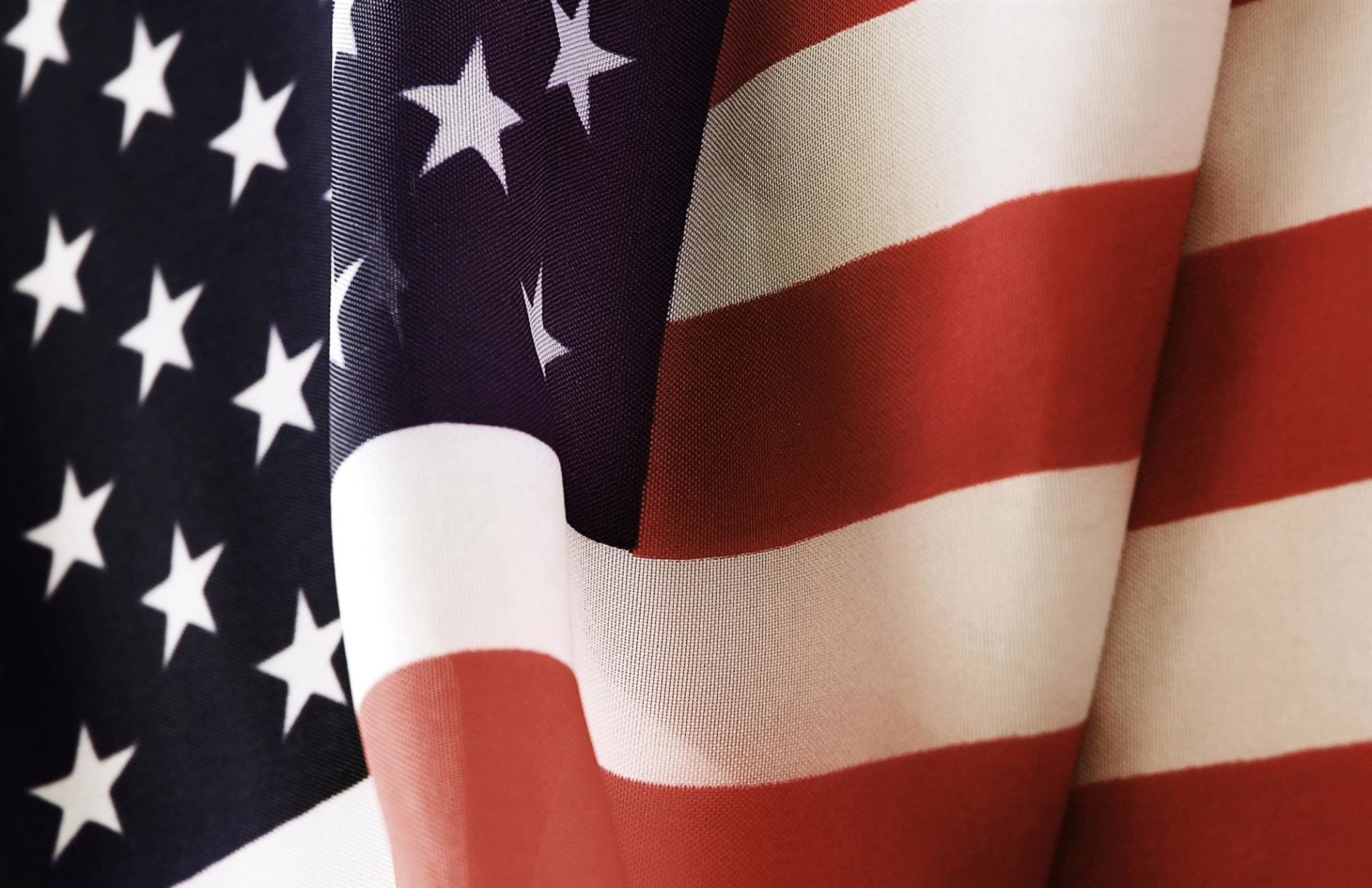Happy 4th of July! Hope everyone is enjoying your summer. I know it's hard for working parents or any parents when the kids are at home all the time. We sign our boys up for summer camps but still, each week has different pickup schedules, locations, and drop-off times. The boys are having fun at camps but they also enjoy the weeks without camps. The following are just a few tips for firework safety!
Fireworks Safety
When the Continental Congress proclaimed the American colonies independent from Great Britain on July 4, 1776, future U.S. President John Adams wrote to his wife: "The day will be the most memorable in America. I am apt to believe that it will be celebrated by succeeding generations as the great anniversary festival...it ought to be solemnized with pomp and parade...bonfires and illuminations (fireworks) from one end of this continent to the other, from this day forward, forevermore."
To most Americans, fireworks and Independence Day are synonymous. Love ‘em or hate ‘em, fireworks are here to stay. One thing we can all agree on, however, is that safety must come first. There are plenty of opportunities for injury and destruction if basic safety precautions are not followed. Whether you attend a large community fireworks show, light off your own, or both, there are safety precautions that should be followed to ensure a healthy, happy holiday.
Under the Federal Hazardous Substances Act, the federal government prohibits the sale of the most dangerous types of fireworks to consumers. These banned fireworks include large reloadable mortar shells, cherry bombs, aerial bombs, M-80 salutes, and larger firecrackers containing more than two grains of powder. Mail-order kits designed to build these fireworks are also banned. The U.S. Consumer Product Safety Commission estimates that in 2000 about 11,000 people were treated in hospital emergency rooms for injuries associated with fireworks. About 55 percent of the injuries were burned, and most of the injuries involved the hands, eyes, and head. About half of the victims were under 15 years of age.
States that allow only sparklers or other “novelties:” Connecticut, Illinois, Iowa, Maine, Maryland, Ohio, and Pennsylvania. States that ban all consumer fireworks: Arizona, Delaware, Georgia, Massachusetts, Minnesota, New Jersey, New York, Rhode Island, and Vermont. Nevada has no fireworks laws except at the county level. Check with your county officials for regulations. All other states allow some or all consumer fireworks.
Safety Tips for Public Fireworks Displays
- Obey all ushers or monitors and respect safety barriers to allow the trained operator room to safely do his job. Resist any temptation to get close to the actual firing site. In fact, the best view of the fireworks is from a quarter of a mile or more away.
- Although it rarely happens, it is possible that a firework component might fall to the ground without exploding. Do not touch these fireworks. If you find any that haven’t exploded, immediately contact the local fire or police department.
- Leave pets home. Dogs especially have very sensitive ears and the booms and bangs associated with a fireworks display can be quite uncomfortable. In fact, the noises can actually hurt their ears.
- Leave your own fireworks at home. Sparklers, fountains, and other items that many states allow for use by private individuals are not appropriate to use when a large crowd is present.
Safety Tips for Home Fireworks Displays
- Buy fireworks only from licensed retail outlets. Read, and follow, package directions. Store fireworks in a dry, cool place. Check instructions for special storage directions.
- Alcohol and fireworks do not mix.
- Never allow young children (or childish adults!) to play with fireworks under any circumstances. Sparklers, considered by many the ideal "safe" firework for the young, burn at very high temperatures and can easily ignite clothing. Older children should only be permitted to use fireworks under close adult supervision. Do not allow any running or horseplay.
- Light fireworks outdoors in a clear area away from houses, dry leaves or grass, and flammable materials. Keep a bucket of water nearby. Keep unused fireworks away from firing areas. Be sure other people are out of range before lighting fireworks.
- Wear safety glasses when lighting fireworks. Light one firework at a time, then move back quickly. Never stand over fireworks when lighting. Do not try to relight or handle malfunctioning fireworks. Douse and soak them with water and throw them away.
- Do not fire off aerial fireworks in windy conditions. Never ignite fireworks in a container, especially a glass or metal container.
- Never experiment with homemade or altered fireworks.
- Never carry fireworks in your pocket. Never point or throw fireworks at people or animals. Never use fireworks as weapons.
- Dispose of fireworks properly by soaking them in water and then throwing them in the trashcan.



































































































